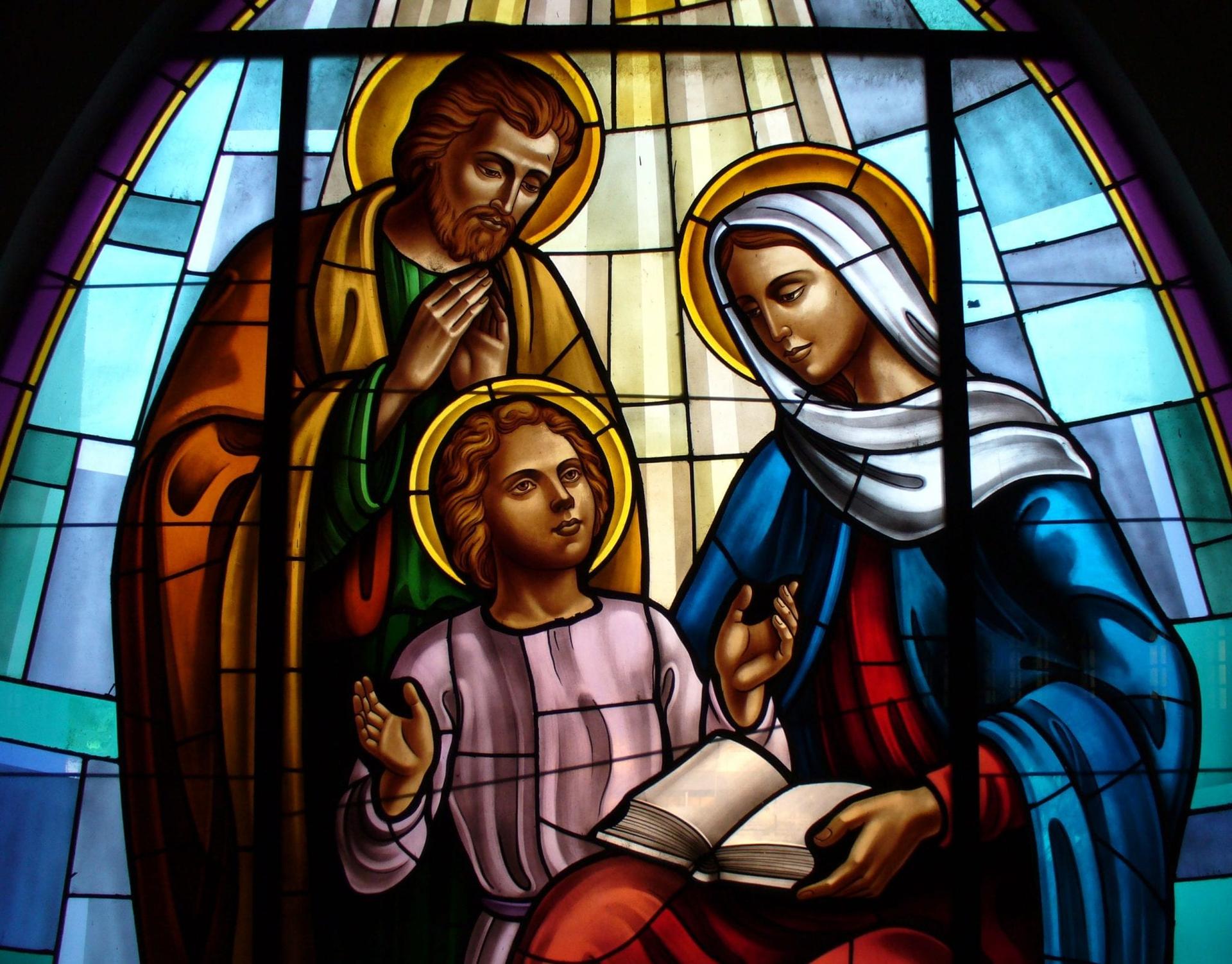This weekend at Mass, Catholics and their friends will hear the denunciation of greed by the Lord Jesus contained in Saint Luke’s Gospel. It’s a hard lesson to hear and an even harder one to take at face value and try to live.
Is the Lord Jesus truly calling his disciples to poverty?
The question is an interesting one and always leads to some historical theological work. Among such work is the consistent inquiry about the financial status of the Holy Family. If the Lord Jesus is calling his disciples to poverty, does this reflect the life he lived as a child and young adult?
Traditionally, the Holy Family was always understood to be poor. Aspects of the biblical accounts that have been used to emphasize this point are the occupation of Joseph, the birth of Jesus in a manger, the offering of two turtle doves at Jesus’ presentation in the Temple, and their relatively nomadic way of life in Jesus’ early years. This textual evidence seem sufficient enough. Except, recent evidence has challenged this portrayal.
Developments in linguistics now show that the word for Joseph’s occupation could have been “carpenter,” but it could also have meant a type of general contractor. If Joseph was the latter, then he would have made a comfortable wage.
This might also explain the tradition that Joseph was an older man (perhaps even a widower) when he married Mary. This older status of Mary’s husband is argued since it’s further believed that an older man would have been more inclined to accept and defend her virginal consecration, and would have had the sufficient means to provide for her.
What about the manger? Would a high-powered general contractor have had his adopted son born in a manger? Counter evidence now responds that the birth of Jesus in a manger was not because of a lack of wealth, but an absence of vacant space. Someone could be the richest person in a city, but if the hotels are full, they’re full. Or so it’s argued.
Of the biblical evidence, however, perhaps the major point of debate on the question of the financial status of the Holy Family was the offering of two turtle doves at the Lord’s presentation. The ordinary offering would have been a lamb, and it was said that the poor offered two turtle doves in its place.
Again, this seems obvious enough. Joseph and Mary offered two turtle doves, and the two doves were the Mosaic proscription for the poor. It appears the argument is made and concluded.
If only biblical debates were so easy. In response, recent biblical studies point out that the wording in the command of the Mosaic law, contained in the Book of Leviticus, actually reads “not being able” to provide a lamb.
Upon further cultural research, it’s pointed out that the accommodation in the proscription is given, not only for poverty, but also for the broader situation of not having a lamb available. There were seasons when a lamb would not have been easily available.
Lastly, the nomadic life of the Holy Family in Jesus’ early years does not affirm either argument.
Also, recent archeological developments in Nazareth reveal ruins believed to be the home of the Holy Family. The ruins are large and would indicate a comfortable residence in that city.
The possibility of the Holy Family having some financial means does not lessen the role and mission they had in the plan of salvation. In fact, if the Lord Jesus did come from some level of money, it would speak more highly of the poverty that he voluntarily took upon himself in his public ministry. As Saint Paul teaches, the Lord Jesus made himself poor for our sake.
While such history can help us to understand some of the context in which the Lord taught, it shouldn’t distract us. It should help us to more deeply discern what the Lord Jesus is truly asking of us. Is he asking for poverty from all?
The theological tradition comes to our assistance. It clarifies things for us. The Lord will allow – or call – some to live in poverty, but not everyone. But, nonetheless, all are called to simplicity. The diversity of such a call is placed under the general admonition: Temper the things of this world in such a way as to be rich in the things of God.
And so, the Lord’s counsel stands. In the midst of material prosperity, we are called to keep God first and to actively live a tempered, simple life.















